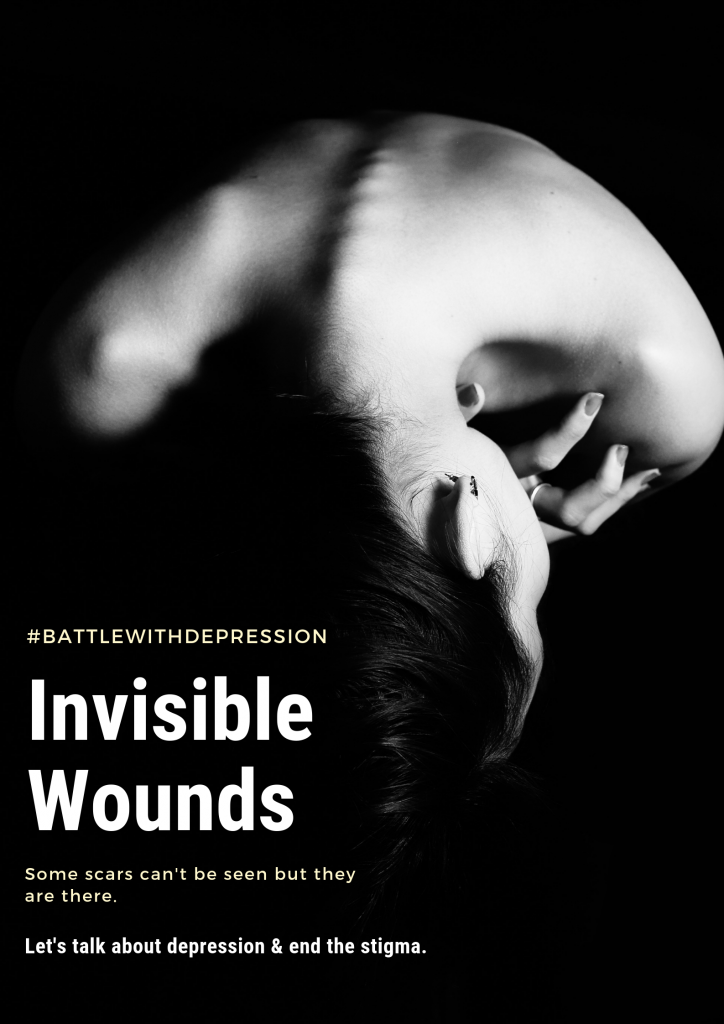One day while traveling, I heard a 13-year-old saying, “I feel depressed all the time.” The other day a lady was saying, “she is totally psychic.” It’s very easy to label people based on our limited thinking. But when you are labeling someone, do you know how heavy that is for that person? No one should loosely use terms like, depressed, psychic, psychotic, OCD, etc. All these are mental health disorders and should be treated with empathy and care. Let’s understand more about depression so that we are better equipped and can be their support systems.

Main symptoms
- Depressed mood
- Loss of interest
- Fatigability
Accessory symptoms
- Reduced concentration and attention
- Reduced self confidence
- Ideas of guilt and unworthiness
- Pessimistic ideas for future
- Disturbed sleep
- Diminished appetite
Clinical diagnosis of depression for mild episode requires 2 main plus 2 accessory symptoms, moderate episode requires 2 main plus 3 to 4 accessory symptoms and severe episode requires 3 main plus more than 4 accessory symptoms to be present. The diagnosis depends on intensity of these symptoms and the duration for which they are observed.
Feelings and Thought patterns
There is emotional and behavioral chaos for the people suffering from depression. It’s not a choice or a decision, it’s a disorder. They have different kinds of defeating thoughts and negative emotions. They are struggling with feelings of intense sadness, irritability, guilty, miserable, overwhelmed, lack in confidence, indecisive, disappointed, worthless etc. They are constantly under the clouds of negative thoughts like, ‘I am a failure’, ‘it’s all my fault’, ‘’I am worthless’, ‘nothing good ever happens to me’, ‘things will never change’, ‘people are better off without me’, ‘life is not worth living’ etc.
Why me??
Pinpointing one definite cause of depression is difficult, but some people can be susceptible to depression because of following factors.
- First blood relatives: If a parent or close relative is diagnosed with depression, then there is increased genetic risk. However, it only increases the chance, not necessarily they will experience depression.
- Personality factors: Personality traits like being anxious, worrying, perfectionists, low on self-esteem, self-criticism, not being able to handle criticism well, etc.
- Serious medical issues: Serious medical conditions can trigger depression directly or can contribute to depression via stress, worry, loss of hope, etc. specially the medical conditions which require long time maintenance and care.
- Life events: Long term difficulties like unemployment, abusive relationships, issues with family members, problems at work, losing a job, losing significant person, loneliness, prolonged exposure to stressful conditions can increase risk of depression.
If you’re going through any of these, you may be at risk of developing depression. Being aware of risk factors is the first step of being able to stay away from them. It’s rightly said that,
“Although your world is full of suffering, it’s also full of overcoming it” ~Helen Keller.

